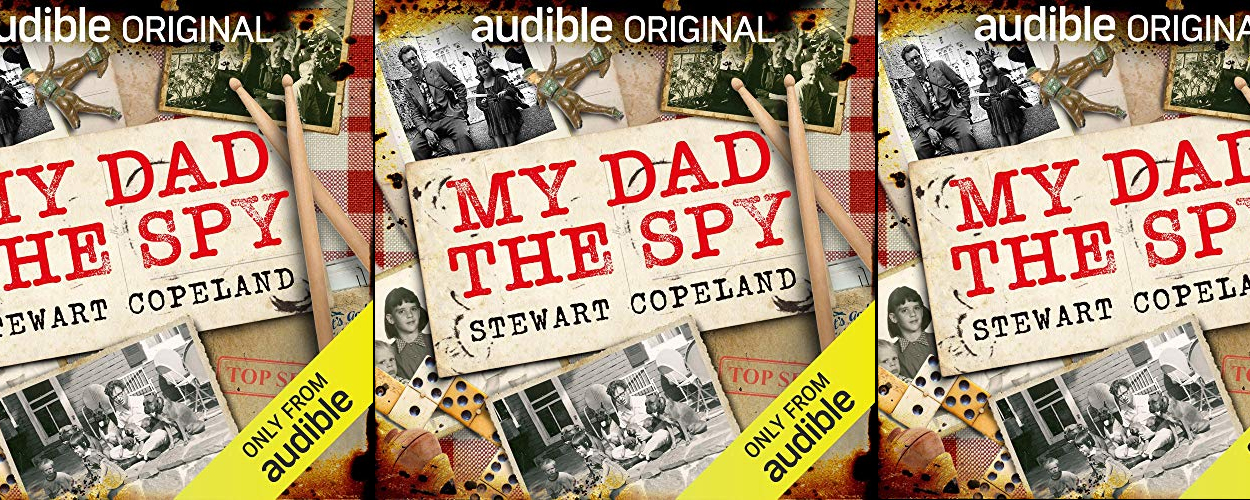This website uses cookies so that we can provide you with the best user experience possible. Cookie information is stored in your browser and performs functions such as recognising you when you return to our website and helping our team to understand which sections of the website you find most interesting and useful.
And Finally Artist News Media
Stewart Copeland studies father’s role as a CIA spy in new podcast
By Andy Malt | Published on Thursday 6 August 2020

Drummer for The Police, Stewart Copeland, has released a new podcast delving into his own personal history. Well, not quite. Rather than looking into his own career, this nine part series instead reviews the role played by his father, Miles Copeland Jr, as a CIA spy.
“My childhood wasn’t a regular upbringing”, he says in a statement announcing the podcast, which is called ‘My Dad The Spy’. “We moved around the Middle East … mixing with so many fascinating people. I shared my father’s passion for music, which eventually led to my career in The Police and beyond, and his job shaped me too. In sharing his story, and my family’s story, I hope to shed light on what it is truly like to be the son of a CIA agent”.
Of course, most sons of CIA agents don’t go on to become world famous musicians, which adds a quirk to the story. And it wasn’t just Copeland himself that became involved in the music business. While he played drums for The Police, his brothers Miles III and Ian were the band’s manager and booking agent respectively.
Given the family’s extensive involvement with the outfit, it was possibly unhelpful when – in 1986 – their father suggested in an interview with Rolling Stone that the band were a ‘psy-ops’ operation. Sting certainly didn’t appreciate the suggestion at the time.
“It got old Sting on a bad day”, Copeland tells the Guardian. “He knew my father very well, and he regrets it now, but he took adversely the suggestion that he was a CIA pawn”.
As for whether his father’s role, in part as a result of other comments made in that interview, had an adverse affect on his musical career, Copeland says: “I think behind our backs people did write the Copeland brothers off as rightwing monsters, but I got on pretty well with everybody. Decades later I remember hanging out with Rage Against The Machine and Zack [De La Rocha] was looking at me pretty funny, but the other guys were friendly”.
Although, he adds, he thinks De La Rocha’s “main problem was that I played polo”.





